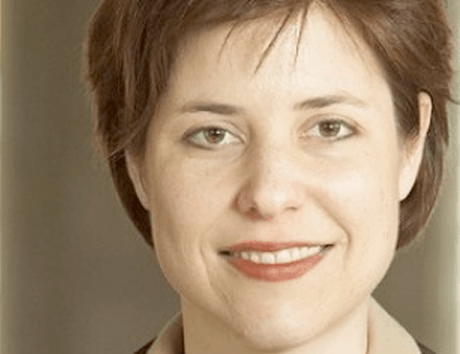Dubbed “The Pope of Firsts,” Cardinal Jorge Mario Bergoglio (pronounced Ber-go-leo) yesterday became Pope Francis—the 266th leader of the Roman Catholic Church.
Pope Francis has been considered a surprising pick, as the first pope from outside of Europe in over a thousand years (the third non-Italian pope in a row), the first from Latin America, the first Jesuit and the first to adopt the name Francis. And preceding all this was of course another surprise in the Vatican: the unexpected resignation of Pope Benedict XVI, Cardinal Joseph Ratzinger, in the first resignation of a pope in over 700 years.
So who is Pope Francis?
His Reputation
Pope Francis is known for being a “pastoral” leader who relates well with people and fervently serves the poor. Over the years he has fought on behalf of many social justice causes, and has routinely denounced many of the negative outcomes associated with globalization.
His Papal Name
He is named after the famous St. Francis of Assisi, who was revered for exchanging a life of luxury for poverty and humbly dedicating himself to benevolently serving the poor. It’s a fitting title for a man who was born in Argentina under modest circumstances (Pope Francis’ father worked on the railroad), but who eventually became the archbishop of Buenos Aires. But instead of utilizing the church’s wealthy accommodations that were offered to him, Bergoglio lived frugally, working in the city’s slums and helping the needy. Adopting the name Francis also humbly honors the Franciscans, an order of priests started by St. Francis of Assisi—notably not the order that Bergoglio is from.
His Jesuit Tradition
The Jesuits (also known as ‘The Society of Jesus’) were founded by St. Ignatius of Loyola in 1540. The Jesuits are considered the intellectual elite of the Roman Catholic Church, and becoming a priest in this order (currently numbering nearly 20,000) often requires over a decade of intense study. Because of their devotion to learning, Jesuits are particularly well-known for having good schools: Boston College, Georgetown, Gonzaga, Loyola and Marquette are just a few examples.
His Social Views
Although the 76-year-old is the first Jesuit pontiff, Pope Francis is not considered progressive. Many of his theological views are still very conservative. He’s against gay marriage and abortion, and over the last few years has been involved in high-profile public disputes with Argentina’s current President, Cristina Fernández de Kirchner, whose support of gay rights has drawn frequent criticism from Bergoglio.
His Role in the Dirty War
Pope Francis has also been accused of failing to confront Argentina’s brutal dictatorship during the late 70s and early 80s, a time when thousands of people were tortured, abducted and eventually killed. This reign of government terror became known as the Dirty War, and Pope Francis has been specifically connected to a kidnapping case during that time, but he has continually disputed those accusations.
The Work Ahead of Him
Although his stance on homosexuality and abortion are bound to draw controversy, he must also address a litany of thorny issues associated with the Roman Catholic Church that include the sex abuse scandal, corruption, financial mismanagement, the ordination of women, waning influence among Westernized nations and infighting within the Vatican.
It won’t be an easy role to step into, but now might be the perfect time for a change in leadership. The Roman Catholic Church is still trying to recover from the sex abuse scandals, and many view Catholicism as old-fashioned and increasingly out-of-touch. The publicity of a new pope might help boost their public image.
There are an estimated 1.2 billion Catholics worldwide, and 40 percent of them are located in Latin America—Bergoglio’s home. He’ll be tasked with reuniting a Catholic population that is divided on how to move forward. According to a recent Pew Research Center poll, Catholics are split down the middle, with nearly half saying that the new pope should “move the church in new directions” and half wanting him to “maintain the traditional positions of the church.”
Despite this divide, most people are currently focused on celebrating the new pope. Everyone is enthusiastic about this momentous event in history, and St. Peter’s Square in the Vatican City is promising to be a continual festive mob of revelers.
During his first acts as pontiff, Pope Francis already broke various traditions by asking to be prayed for instead of issuing a blessing to the crowd during his first public appearance. He also refused to be elevated above the cardinals who were with him. These small variations are giving rise to speculation about what kind of public figure Pope Francis will be.
Whatever your opinions of Pope Francis, perhaps we would all do well to learn from the Jesuit tradition of the first Jesuit pope. As Ignatius of Loyola challenges in the Formula of the Institute of the Society of Jesus: “Reconcile the estranged, compassionately assist and serve those who are in prisons or hospitals, and indeed, to perform any other works of charity, according to what will seem expedient for the glory of God and the common good.”






















